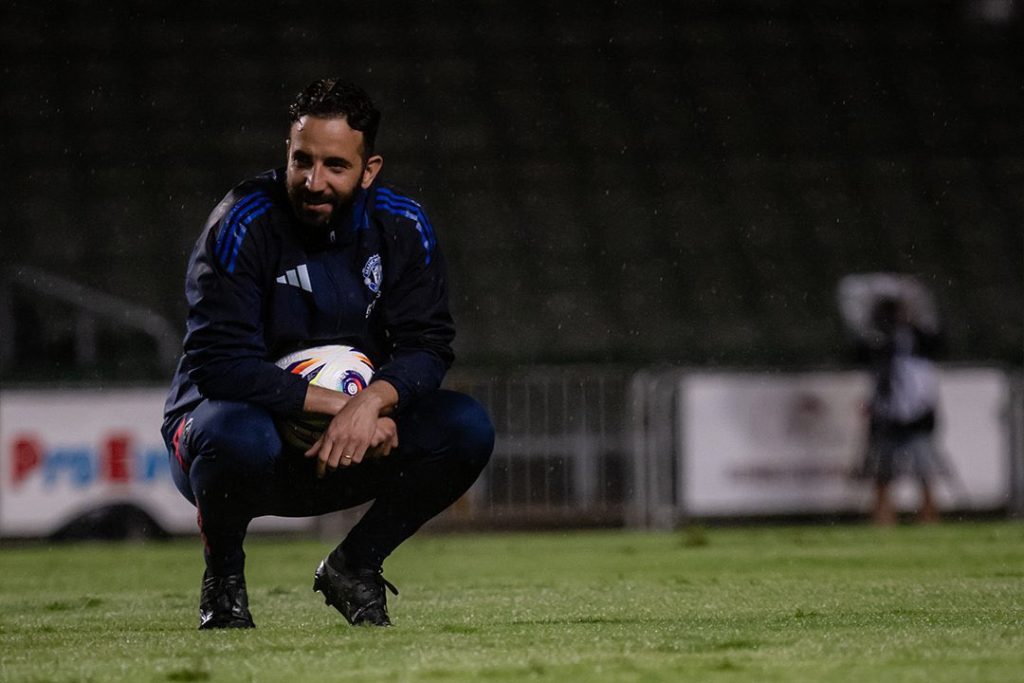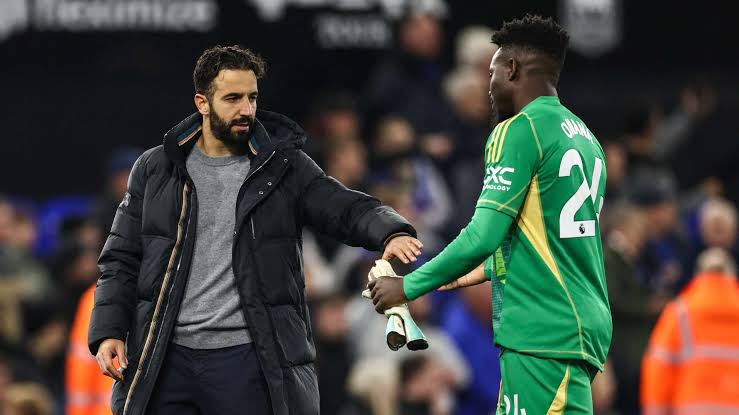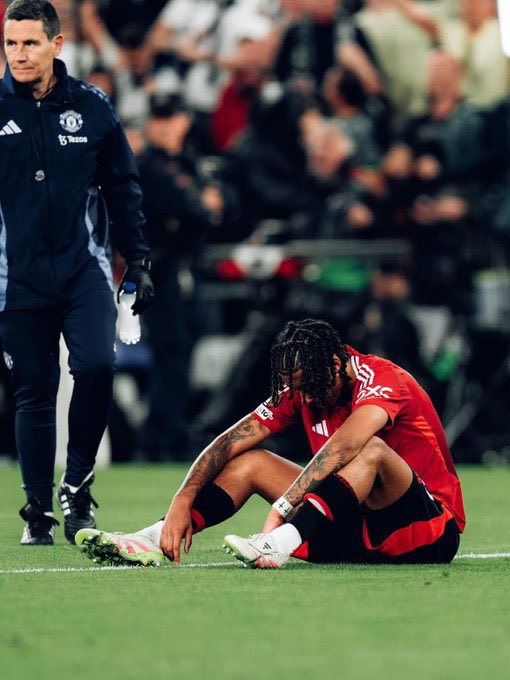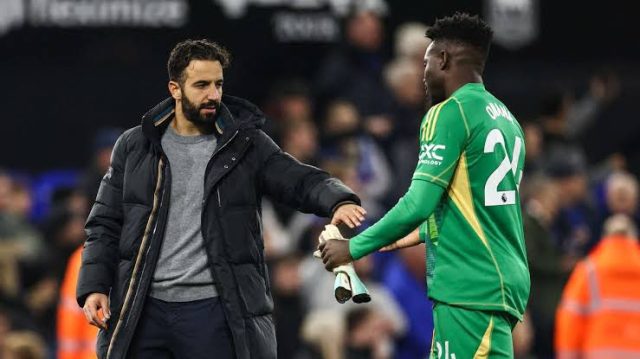Manchester United, once the gold standard of English football,
now Manchester United finds itself in a prolonged period of underachievement and instability. Despite spending massive sums in the transfer market—often exceeding £100 million on individual players—the returns have been underwhelming, both in terms of performance and silverware. Meanwhile, rivals like Manchester City, Liverpool, and Arsenal are rebuilding with clear strategies and achieving consistent results, both domestically and in Europe.Manchester United

So, where exactly is the problem for Manchester United?
1. Lack of Footballing Vision from the Top
Unlike clubs like City, who have structured their footballing operations around a defined philosophy and long-term vision, United has been plagued by inconsistent planning. The club’s executive decisions—especially in the transfer market—seem reactive rather than strategic. While other clubs scout and develop talent to fit into a broader system, United often chases big names without considering tactical fit or long-term development.
2. Poor Transfer Policy
United’s transfer business in recent years has been heavily criticized. Spending huge fees on players who fail to meet expectations—such as Jadon Sancho, Antony, and Harry Maguire—points to a deeper problem in scouting and player evaluation. In contrast, clubs like Arsenal have built strong squads with younger, cheaper talent that aligns with the manager’s style and the club’s overall vision.
3. Managerial Instability

Since Sir Alex Ferguson’s retirement, United has cycled through several managers, each with a different style and vision. This constant change disrupts squad cohesion and leads to mismatched signings. It also creates a lack of continuity in building a team identity. Meanwhile, Pep Guardiola, Jurgen Klopp, and Mikel Arteta have all been given time and support to build their projects—something United has failed to replicate.
4. Ownership and Leadership Issues
Many fans point fingers at the Glazer ownership, and rightly so. The focus on commercial growth over footballing success has created frustration among supporters. Key footballing decisions are made by people with limited footballing background, leading to repeated failures in recruitment, academy development, and long-term planning.
5. Lack of Patience and Direction
In modern football, success requires patience and a clear direction. United appears to lack both. The pressure to deliver immediate success results in rushed signings and short-term thinking. Without trust in a long-term project, the club ends up trapped in a cycle of underperformance.

In Conclusion:
Manchester United‘s problems go far beyond the pitch. While players and managers often face the brunt of criticism, the real issue lies in the club’s leadership and its failure to implement a consistent footballing strategy. Until there is structural reform at the executive level, with clear football-first priorities, the club is likely to continue struggling—even with a new manager or a marquee signing.
Clubs like City, Arsenal, and Liverpool show that success in modern football isn’t just about money—it’s about smart planning, clear identity, and competent leadership. That’s what Manchester United must rediscover if it wants to return to the top.



































